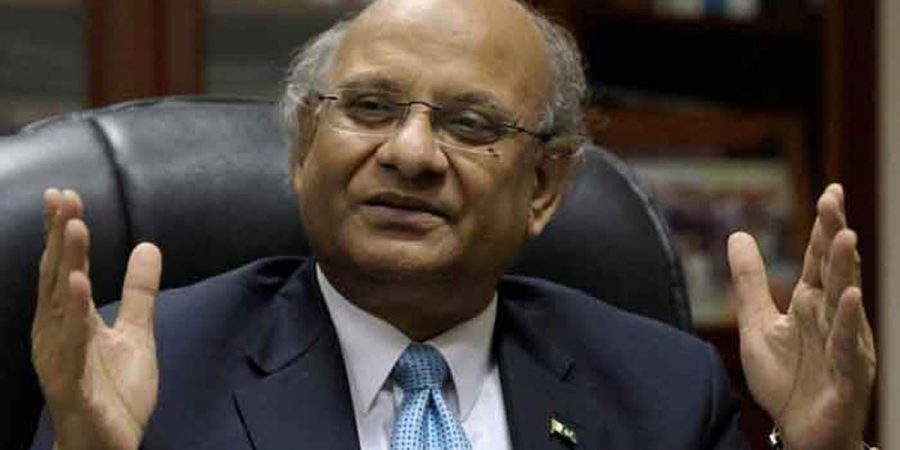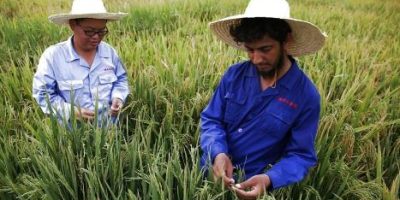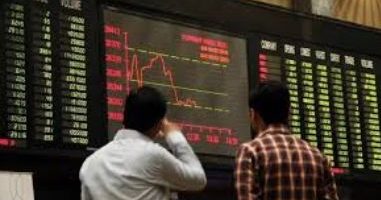IMF loan laden with strict terms will not last: Dr Ashfaque

ISLAMABAD: (DNA) – With the change of guards in Finance Ministry, Pakistan even if joins IMF programme, it will not work, as the programme will somewhere in the middle be suspended because of hard terms and conditions.
The new economic manager of the country, Dr Hafeez Sheikh needs to prepare Plan-B to turn around the Pakistan economy, which is in tatters, a well-known economist and Dean of Special Sciences and Humanities in the NUST and Member of Economic Advisory Council Dr Ashfaque Hasan Khan told.
This time the DNA of IMF, Dr Khan argued, is quite different as it is under tremendous pressure of the US, India and some other nations which want to know the minute details of all Chinese projects within and outside CPEC including defence related ones.
Dr Khan said he is quite perturbed and wants to know the reason of sacking of Asad Umar as finance minister fearing if he has given non-economic commitments to IMF during his US visit such as access to sensitive information about the projects within and outside CPEC and if this is the case, it is very alarming development.
Dr Khan also alarmed new guard of Finance Ministry, saying he will be critical in his writings as he was in the period from 2010 to 2013 when Dr Shaikh was Finance Minister in PPP era. He also warned Dr Shaikh of any compromise on national security while dealing with IMF saying it will be very detrimental to Pakistan’s economy as well as security of the country.
He reckoned with saying that the Indo-Pacific alliance also stands together to counter the growing influence of China in the world and they have stepped up the pressure on Pakistan through FATF (Financial Action Task Force) and IMF to abandon CPEC and take stern actions against ‘terrorist outfits’, so under this scenario, IMF programme will be quite tough and that is why he had been opposing to join IMF programme from the very outset. ‘In the wake of stern conditions Pakistan will not be able to continue the programme and it will turn into one tranche country, he feared.
Throwing light on the possible Plan-B, he suggested Dr Shaikh to adopt the aggressive import compression policy to bring down the import of the country by $7-8 billion and this is the remedy to overcome serious balance of payment issue. He argued saying that WTO also allows to contract imports when a country is facing serious balance of payment issue. Dr Khan said that the government should focus on increasing the exports of the country.
And to stimulate the stagnant economic activities of the country, he also asked the government to come out of the trap of filer and no-filer issue and let the people do business.
He said in the presence of the surplus electricity, the government should avoid selling the electricity on higher rates, rather it should make available electricity at affordable prices to all kind of industry.
‘This will not only help reduce the burden if capacity charges and also help stimulate the economy.’ Dr Khan said that once Pakistan gets in the IMF programme, the country will have to comply with Fund’s instructions for three years and in that stipulated time, the government will never be able to make New Pakistan Housing Scheme successful for provision of 5,00,000 houses and creation of 10 million jobs.
Mr Khan also suggested Dr Hafeez Shaikh not to let US dollar further appreciate and not increase discount rate, otherwise at further raise in discount rate no one borrow the loans from commercial banks at 15-16 percent interest rate which will result in halting all the economic activities in the country.
He said more increase in discount rate will increase the borrowing cost for the private sector. ‘Since the private sector does not borrow loans, so Pakistan’s economic activity will come to a standstill.’ With the increase in dollar value, the cost of Pakistan’s 60 percent raw material import, which is used for industrial production has increased manifold.
He said the government had depreciated the Pak rupee value by over 36 percent with an aim to increase exports but unfortunately, these had decreased by 11 percent. This, he said, can happen in a country where the imported materials stand at 25 percent.
Related News

China Exports Drop More Than Expected in Setback to Recovery
Islamabad, Apr 12 (DNA): Experts lauded China’s role in advancing Hybrid Rice cultivation in Pakistan,Read More

PSX closed at historic high level of 69,619 points
ISLAMABAD, Apr 8 (APP/DNA): The 100-index of the Pakistan Stock Exchange (PSX) continued with bullishRead More


Comments are Closed